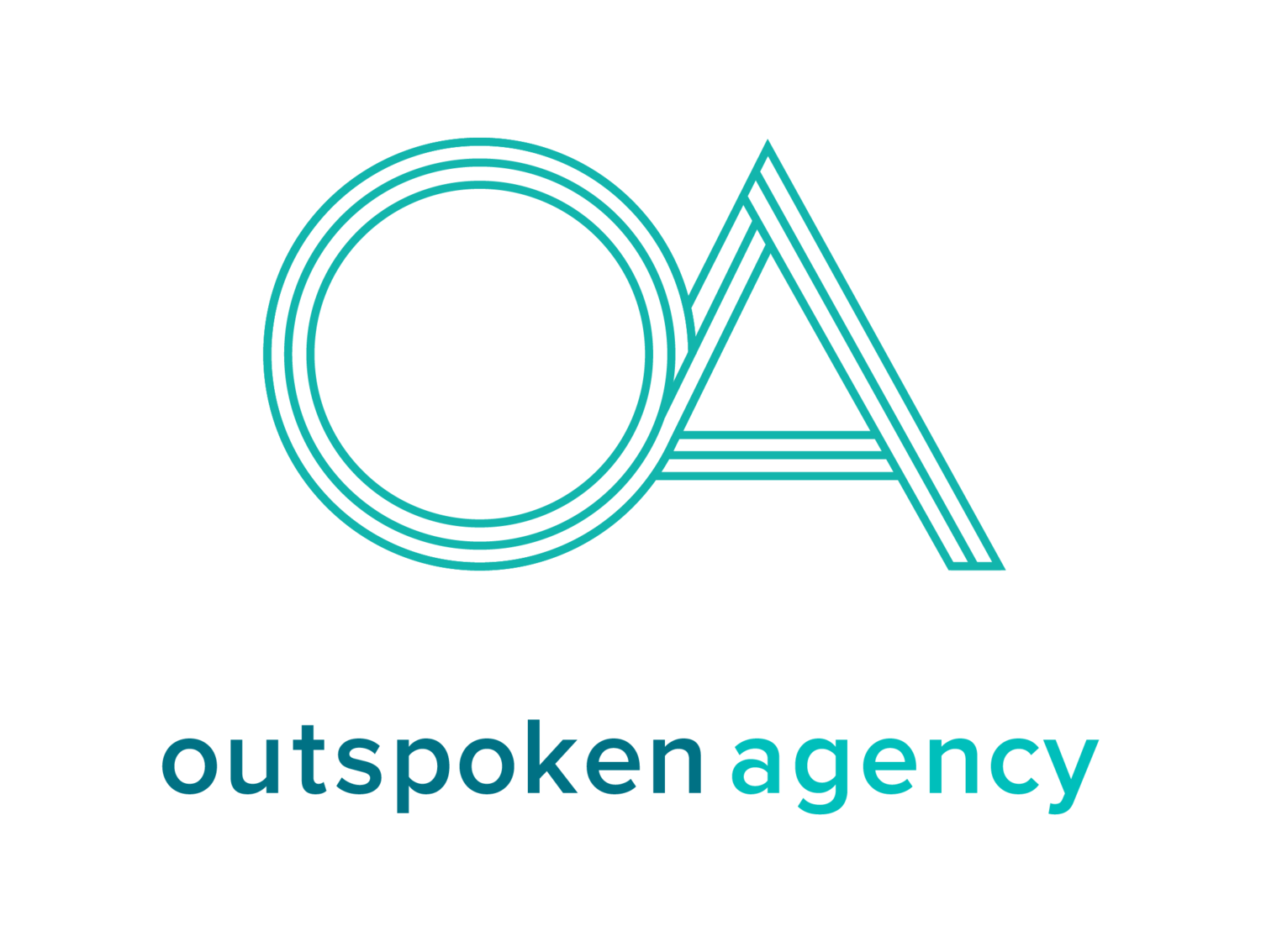Outspoken Observations: A co-founder's personal experience with mental health
/I think and talk a lot about mental health. I believe the discussion is important, and admitting my own battles with anxiety has eased the plight for a lot of my friends. There is value in feeling like you’re not alone in your struggles. And I’m grateful that organizations like Movember are putting a spotlight on the benefits of sharing your feelings, and putting programs in place to help people open up - because it isn’t always easy. But it seems like a great place to start.
For most of my life, I have suffered with an anxiety disorder surrounding communication. For instance, if a friend didn’t respond to a text or email in what I considered to be an expedient manner, my go to thought would be “I did something to make them not like me” or “that person is angry with me.” And I deeply believed that to be true. My mind would start shuffling through possible scenarios where I had wronged said person. “Well maybe it was because I spilled wine on her couch” or “maybe she doesn’t want to be my friend because I got too drunk at that party.” This would go on for hours. What had I done to make myself so unlikeable that someone could just throw me to the wayside? What mistake had I made to make myself so discardable? And then they would respond to my text. I’d be relieved. And that’s how I lived and interacted with the world. I terrorized myself.
I thought this was normal. I thought it was normal that I had set a standard on communication response time and that any one who didn’t adhere to such standard was in the wrong, and I would lash out. Then finally, people had a logical reason to not want to be around me. It wasn’t because I spilled wine on their couch or got too drunk at whatever party, it was because I made it impossible to please me. I was a walking and talking self-fulfilling prophecy. And the question that I finally had to ask myself was: why?
After some time spent in therapy, I finally found an answer: I hated myself. My self-worth was low. And the reason why I was doubting my relationships was because I truly believed that I wasn’t worthy of friendship and love.
I’m lucky, in that, I’m educated and I have a support system. I have the wherewith-all to research my symptoms and strategize a plan to get better. And I have the resources to execute that plan. I also have the desire for self-improvement. Think about how rare that combination is. If any piece of that puzzle was missing, I would never get the chance to be happy.
I’m no longer a walking, talking self-fulfilling prophecy. I’m walking, talking proof that speaking openly about your feelings is a solution to having a healthy mind.
During these last two weeks of November, it’s important to keep conversations like this top of mind. We love working with organizations like Movember and their co-founder Adam Garone who recognize the importance of being vulnerable with one another, and help us all to feel a little less alone, in part with their month-long (and year round) campaign in support of men’s health. Adam, as well as General Donald Bolduc, are both strong proponents in advocating for the discussion of mental health issues, including suicide prevention and post-traumatic stress (PTS). We continue to support them in getting their messages out to our event hosts for programming ideas at their next event. Building community and supporting a healthy mind makes any organization that much stronger. Always here to talk on or offline about this subject that is especially near and dear to me.
Bust it,
Tara



